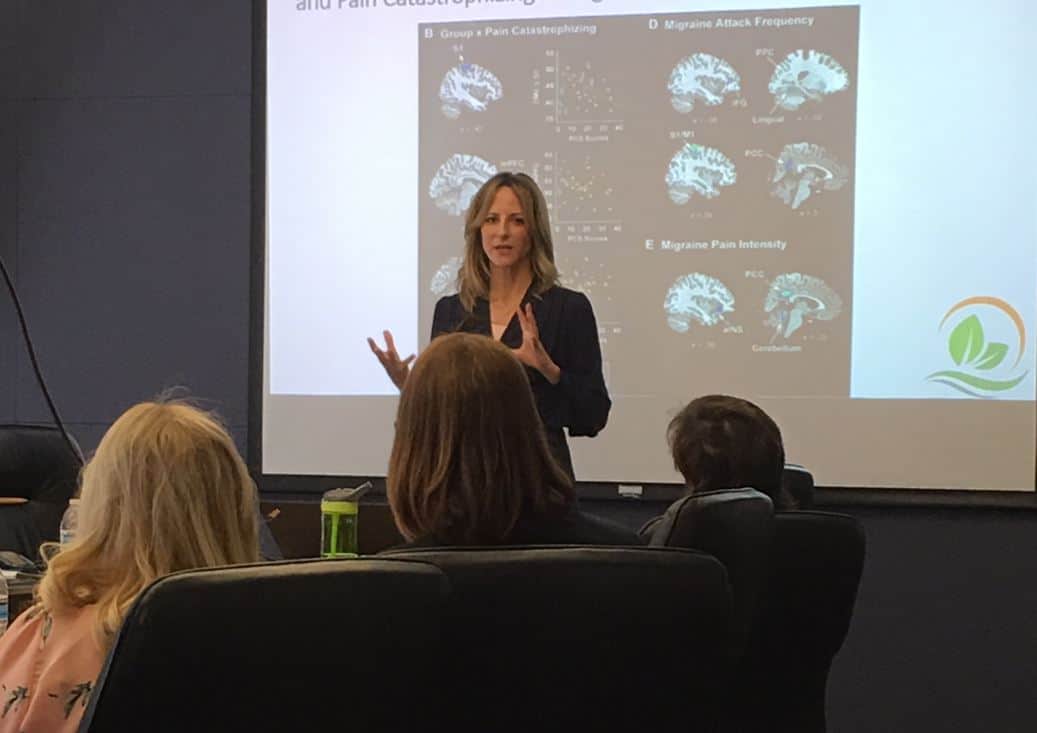My Op-Ed in “The Hill”: CDC Issues Clarification; Organizations and Policymakers Called on to Align with Federal Guidance
Last week, the Centers for Disease Control (CDC) published in the New England Journal of Medicine a long-awaited statement opposing the misapplication of the 2016 opioid prescribing guideline for chronic pain. The CDC clarification is an important step in acknowledging the harms to patients caused from rigid opioid policies that failed to account for individual differences in the experience and treatment of pain and calls for the implementation of best practices in opioid prescribing and de-prescribing. [...]










